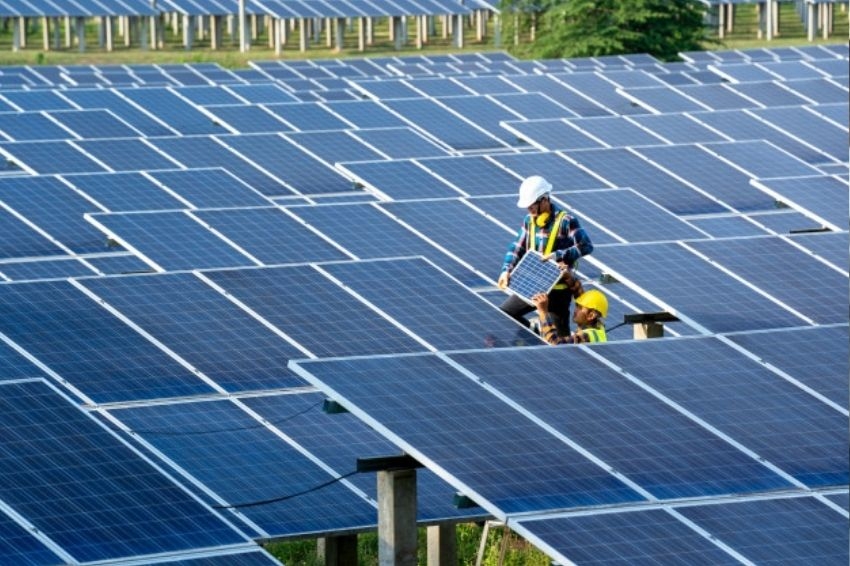The installed power of photovoltaic distributed minigeneration showed significant growth in the first eight months of this year, compared to the same period last year. This is what a survey carried out based on data from ANEEL (National Electric Energy Agency) pointed out.
From January to August 2020, large solar plants reached approximately 332 MW of power, an increase of 150% compared to the approximately 133 MW recorded in the same period last year.
According to Bernardo Marangon, specialist in electrical energy markets and director of Exata Energia, the photovoltaic sector, even in the midst of the Covid-19 pandemic, continues to grow in Brazil and more and more minigeneration projects are being developed.
“In a period of pandemic, in which we had great concern from investors regarding the future, a significant rise in the dollar and a series of restrictions on physical travel, the solar segment showed strong growth. This demonstrates the strength of the sector and extraordinary potential for expansion. There is certainly room for the creation of many companies that will grow rapidly, following the trend of this market”, emphasized Marangon.
Other data
ANEEL also pointed out a significant growth in mini-generation photovoltaic plants installed in commercial buildings. In the first eight months of 2020, these solar plants reached 163 MW of power, an increase of 130% compared to the same period last year.
In the case of minigeneration plants installed in industries, for example, the increase was 170% comparing January to August this year with the same period in 2019 (26 MW to 70 MW). In relation to rural properties, the increase was 150% (30 MW to 75 MW).
Professional training
Given this scenario, more and more people are investing in the photovoltaic segment, looking for courses that professionally train them to develop minigeneration projects.
As is the case of engineer Maurício Brito, who took the course Canal Solar Advanced Distributed Generation Solar Power Plant Project and emphasized that the experience gained was important when structuring photovoltaic system projects. “I can say that the course helped to better understand group A customers. I am currently negotiating a 300 kWp plant”, commented Brito
Engineer Luis Guimarães also participated in the course promoted by Canal Solar and highlighted that the content taught was essential to acquire knowledge when installing a plant. “The company I work for has a great demand for mini-generation plants and, as I had started a large project of 2.23 MWp, it was necessary to learn from professionals who had already been through this and had the theoretical and practical knowledge to pass”, he said. Guimaraes.
“The course helped me a lot to complete the executive project and quickly move forward with the work on a 5 MW plant. We are already in the final phase. The classes cover the entire life cycle of a plant project. So, the basis he has been providing is mainly in decision making”, added engineer Victor Claudy, another Canal Solar student.
Anaibel Novas, specialist in the solar energy sector and vice-president of Movimento Solar Livre, highlighted that there is a constant demand in this market for the development of new mini-generation plants. “Engineering companies are in a rush to have all the incentives of Normative Resolution 482, which is why they have several demands for large photovoltaic plants”, he explained.
The search for online courses grows
Anaibel also highlighted that photovoltaic distributed generation companies redirected their investments to the digital world, due to the social isolation caused by the Covid-19 pandemic.
For the executive, professionals in the solar sector found online courses, webinars and live streams the opportunity to not lose contact with experts in the field and be able to acquire more knowledge to boost their businesses.
“We were forced to stay at home, as some states and municipalities declared lockdown due to the coronavirus pandemic. Therefore, companies had to rearrange their actions and the solution was to seek the digital world”, highlighted the executive.
















